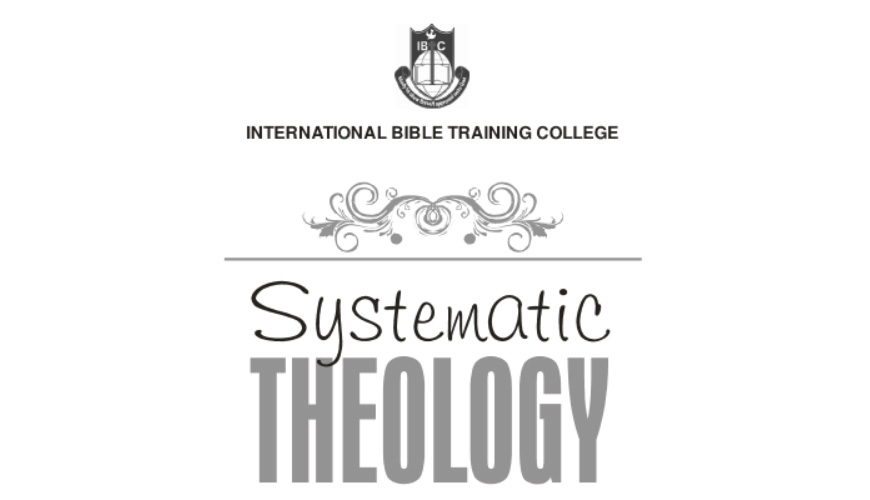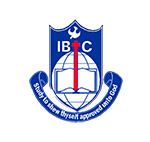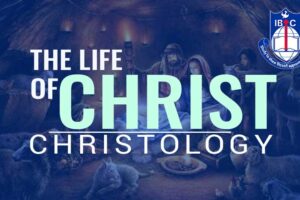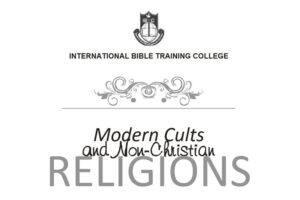
DTH 034 Systematic Theology 2
COURSE DESCRIPTION
Systematic Theology: After completing this course, students need to be able to:
- Have adequate knowledge of Systematic Theology, critically analyzing its different topics and have the ability to live by them.
- Defend the truth as exposed in systematic theology.
LEARNING OUTCOMES
At the conclusion of the modules, students will be able to acquire:
- Knowledge –
Understand the major topics in Systematic Theology which have been developed through the operations of the church.
- Skills –
Have the ability to relate the Christian doctrines to current life situations to ensure victory unto the end.
-Apply the concepts of Theology in the discussions of religious topics
-Investigate the various concepts and topics to improve upon their application and relevance to everyday life.
- iii. Critical Analysis-
Develop sound arguments in defense of the accepted norms and practices based on the scriptures
-Read, understand and critically engage in more advanced works of Theology including works of major Theologians.
INTRODUCTION
According to its etymology, the word “theology” comes from the Greek words “theos” (God) and “logos” (word or discourse). This limited viewpoint merely defines theology as the study or science of God. In other terms, theology refers to a systematic and structured method of studying God, albeit this definition of the term may be seen to be limited.
Theology, when seen generally, includes the study of God, His nature, existence, and revealed purposes and activities, as well as God’s relationships with and interactions with the things He created, including spiritual creatures, people, and the natural world. This suggests that theology is a field of study that primarily focuses on God and includes His interactions with both the world and man (Buswell 1, 13).
Theology in the context of Christianity is concerned with the doctrines and truths found in the Bible. The facts of the Bible are attempted to be systematised, and the underlying principles or universal truths are determined (Hodge 1, 8). Theology may also be thought of as a branch of research and analysis that examines God and His qualities, nature, and relationships to the cosmos.
It is the systematic study of religious doctrine, heavenly revelations, and supernatural phenomena. Let’s just say that finding a clear and thorough definition of theology is difficult since almost all of the ones that have been offered are either too limited or place too much emphasis on one particular aspect of a fully formed theology at the expense of others. Therefore, a good definition must be comprehensive, detailed, and holistic.
The study of God, His existence, intentions, and relationships with the cosmos as revealed in the Bible is referred to as theology.
CERTIFICATION
At the end of this course, the student will be entitled to a certification issued from Anchor University, Lagos.
ACCESS THE COURSE
- You must be a student before you can access this course. Contact Us



